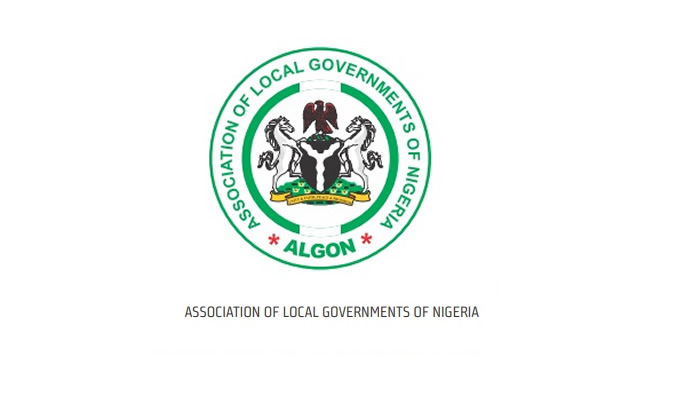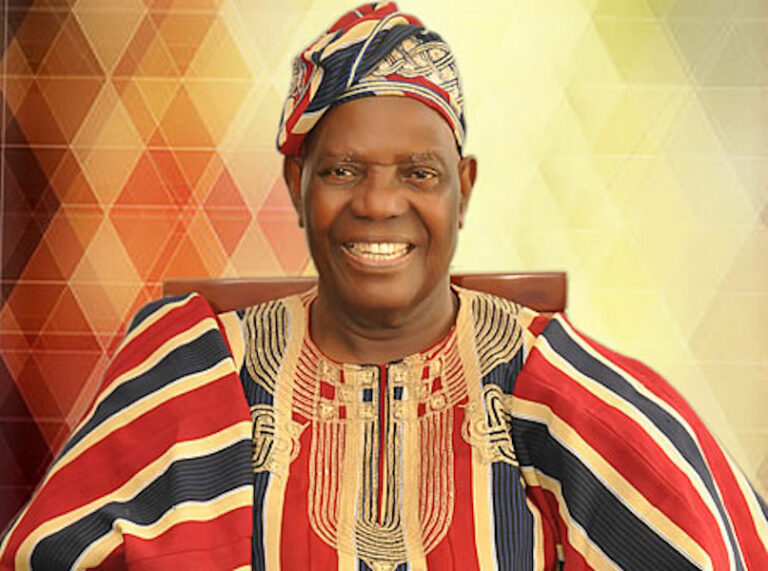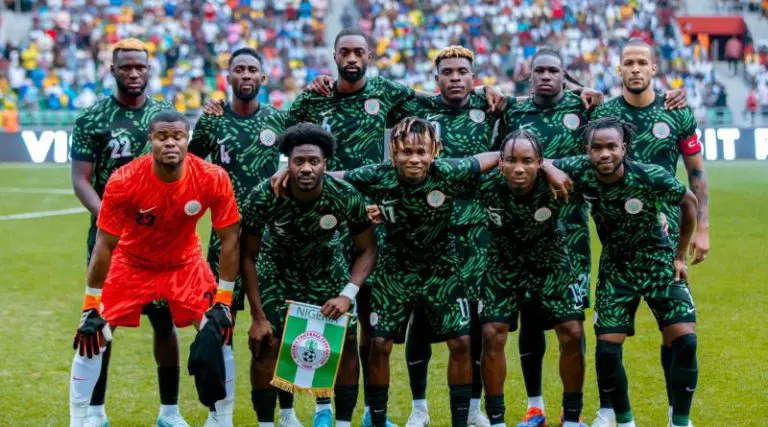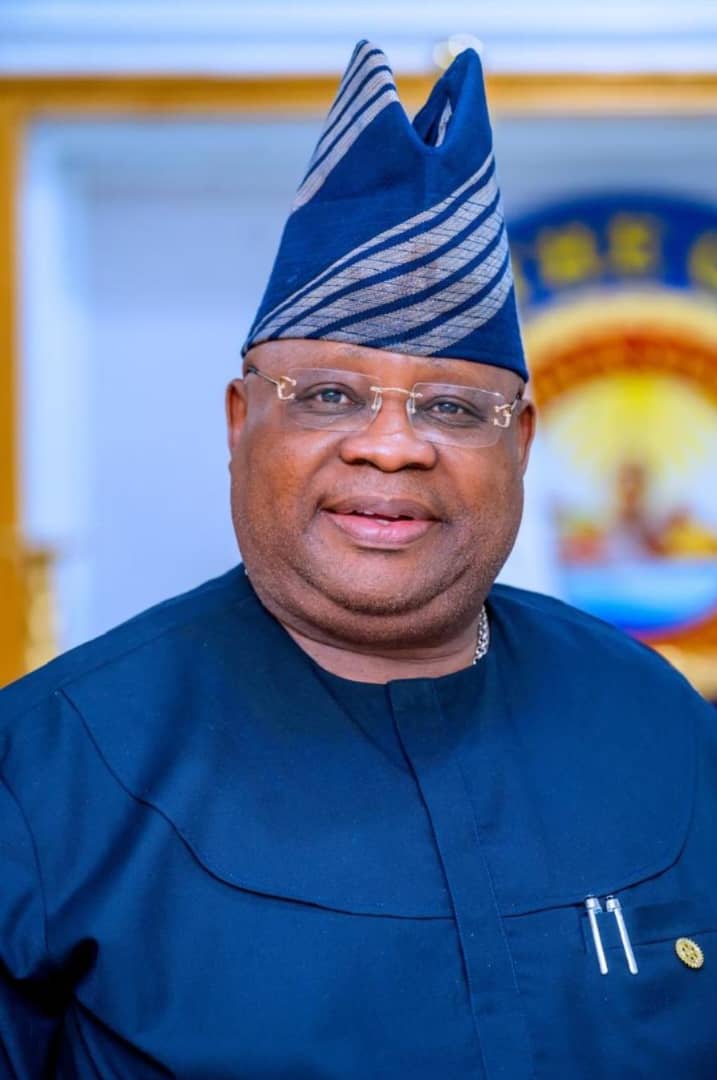India has transformed the G20 into a diplomatic spectacle of unprecedented proportions. With 200 meetings across 60 Indian cities throughout the year, the campaign to make India’s G20 presidency a global success has reached a crescendo ahead of the leaders’ summit this weekend.
Delhi has been adorned with massive billboards and posters featuring Prime Minister Narendra Modi’s image, signifying India’s readiness to engage with the world. All this effort culminates in the leaders’ summit, where they must release a joint declaration addressing global concerns.
India has been relentless in pushing for such a declaration, and failure to achieve one at this summit would be a first. However, this task won’t be easy, given the deep divisions within the G20, particularly over the Ukraine war.
Last year’s G20 summit in Indonesia already grappled with the Ukraine issue but managed a hurried declaration acknowledging differences. However, positions have since hardened, with Russia, China, and the West standing firmly in their stances.
Russian President Vladimir Putin and Chinese President Xi Jinping are notable absentees, further complicating decision-making. Russia’s Foreign Minister Sergey Lavrov and China’s Premier Li Qiang will represent their countries but may lack the authority for last-minute concessions.
While the Ukraine issue looms large, India hopes it won’t overshadow the concerns of the Global South, representing developing countries, that it intends to discuss. The G20 comprises 85% of global economic output, 75% of world trade, and two-thirds of the global population. India has positioned itself as the voice of the Global South, emphasizing the G20’s responsibility to non-member nations.
The African Union’s presence at the G20 has bolstered India’s stance on addressing the needs of the developing world, particularly concerning issues like debt and rising food and energy prices exacerbated by the war and the pandemic.
Debt refinancing remains a contentious topic, with India and other developing nations advocating for relief from rich countries and institutions like the IMF. However, this hinges on discussions about China, a major creditor to many developing countries.
China’s lending practices have been criticized by Western officials, who accuse China of predatory lending, a claim Beijing rejects.
While agreements on various issues are expected, including agriculture, pandemic preparedness, healthcare, and the global supply chain, it’s unclear if they will be part of the joint declaration.
Conversely, India’s human rights track record under Prime Minister Modi’s government, often criticized by activists and opposition leaders, is unlikely to be raised by Western leaders at the summit.
Analysts suggest that the absence of a joint declaration would be a setback, but India’s ability to work with countries with differing opinions could still yield positive outcomes.
Despite the challenges, India aims to showcase its ability to balance the demands of various multilateral forums and enhance its global stature. It will also be a significant test for Prime Minister Modi ahead of an upcoming general election.
In this high-stakes diplomatic endeavor, India seeks to demonstrate its relevance in a rapidly evolving world while navigating a complex web of global relationships.
Advertisement




